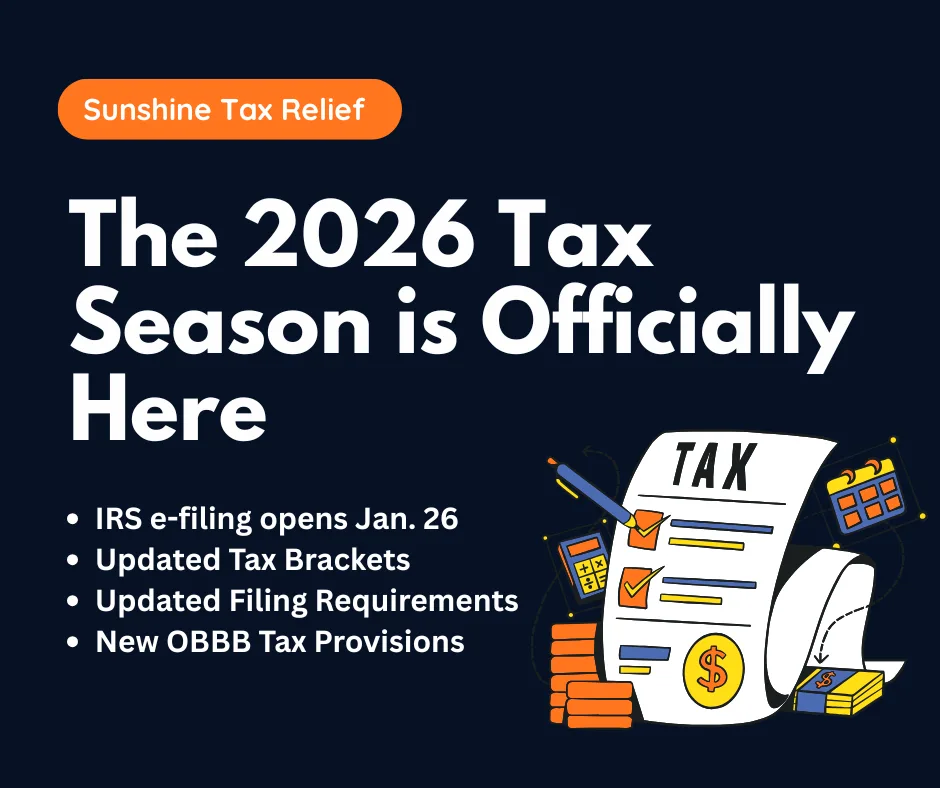With the passage of the One Big Beautiful Bill Act (OBBBA) of 2025, a new tax benefit has been introduced that could significantly impact hardworking taxpayers. This federal tax deduction on qualified overtime pay could put money back in your pocket. Here’s what you need to know to take advantage of it.
Beginning in tax year 2025 and continuing through 2028, taxpayers may deduct up to $12,500 (or $25,000 for joint filers) of qualified overtime compensation from their federal taxable income. This is an above-the-line deduction, meaning you can claim it even if you don’t itemize.
This deduction applies to the “half-time” portion of pay earned for working time-and-a-half, as defined by the Fair Labor Standards Act (FLSA).
Income phaseouts apply:
Single filers: The deduction begins to phase out at $150,000 and ends at $275,000 modified adjusted gross income (MAGI).
Joint filers: The phaseout starts at $300,000 and ends at $550,000 MAGI.
For every $1,000 of income over the threshold, the deduction is reduced by $100.
Example: Ima Working, a single filer with $10,000 in overtime and a MAGI of $170,000, can deduct $8,000 of her overtime pay.
Calculation: $10,000 − [($170,000 − $150,000) ÷ $1,000 × $100] = $8,000 deduction
To receive this deduction, you must meet the following requirements:
You must have a valid, work-eligible Social Security Number.
Overtime must be reported on a W-2 (or a 1099 for contract labor).
If married, you must file a joint return to receive the full deduction amount.
Tax Tips to Maximize the Benefit
- Track Your Overtime Because this law took effect mid-year, you’ll need to go back to January 1, 2025, and calculate your qualifying overtime. Use payroll records or pay stubs to total your hours and pay.
- Employers Are Playing Catch-Up Employers are expected to report overtime, but current W-2s don’t have a specific field for this. The IRS will release temporary reporting guidelines. In the meantime, tracking your own hours is essential.
- Avoid Reclassification Issues The IRS will be watching to ensure regular pay isn’t misclassified as overtime. Make sure your employer accurately documents and pays overtime to avoid issues.
- Review Your Withholdings This deduction could reduce your overall tax burden. If you’re over-withholding, now might be a good time to revisit your W-4 and make adjustments.
- Check Your State Rules Not all states will adopt the federal changes. Some may allow the deduction, while others may not. Keep an eye on your state’s announcements or consult your tax professional.
Need Help?
This is a big change—and a big opportunity. If you need help determining your eligibility or want to make sure you’re getting every dollar you’re entitled to, we’re ready to help.
Call us: 813-291-3562


